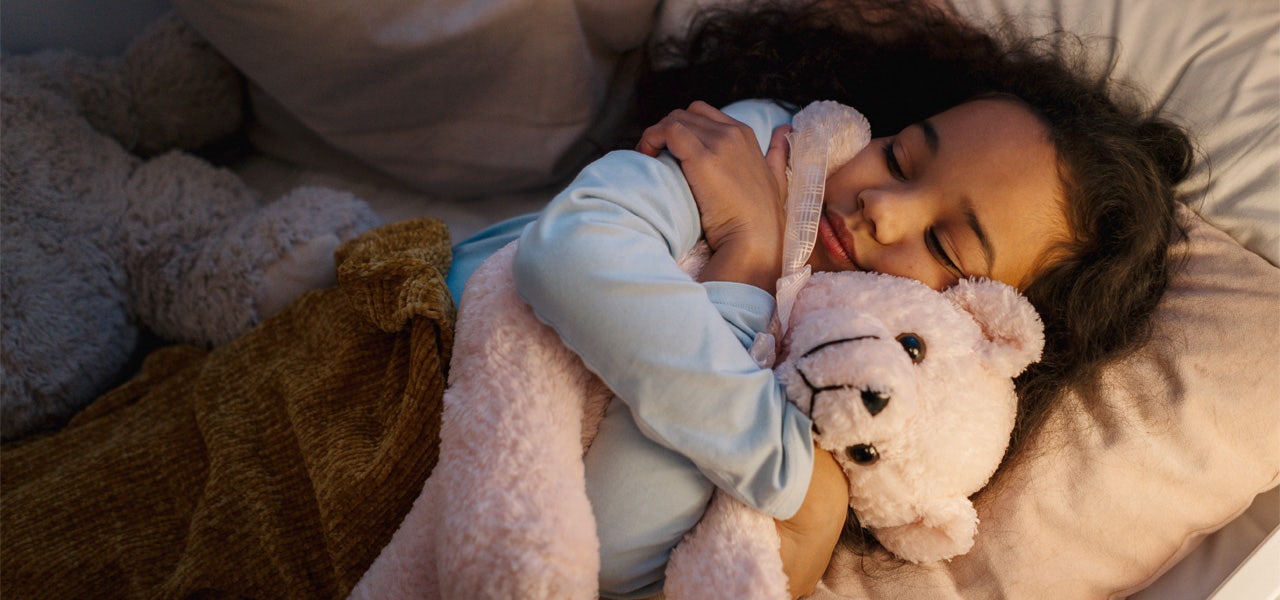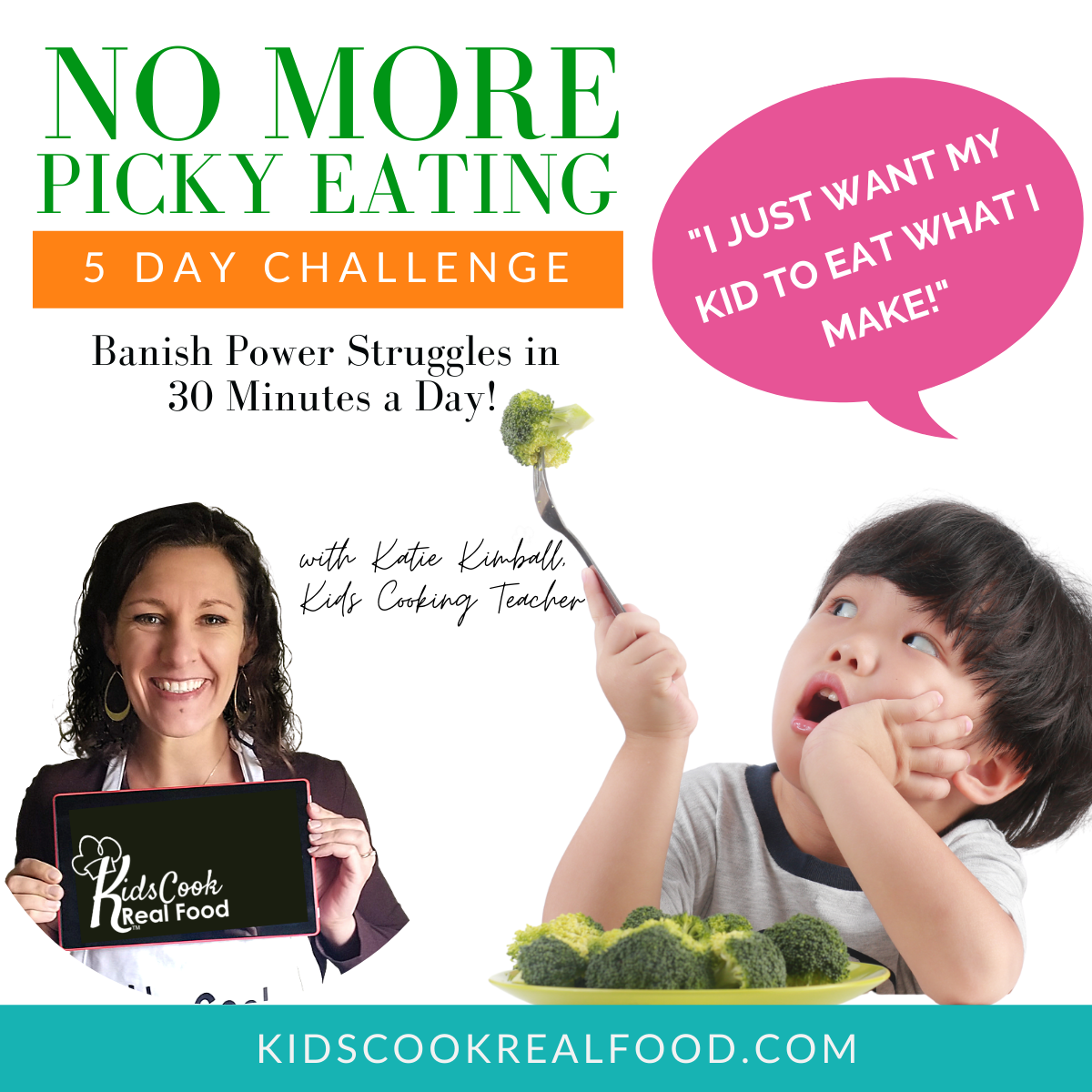I remember when I was a young mom with babies and toddlers, I would laugh so hard at those pictures of babies falling asleep in their spaghetti or sleeping splayed out on the stairs.
They're cute, yes.
But even more, I laughed because my babies would never fall asleep in their high chair. I could barely get them to sleep in their crib or bed! So it was amazing to me that babies could be so different. Looking back, what's funny about both situations is that falling asleep in a bowl of spaghetti and being too wired to sleep are both signs that a baby probably isn't very well rested.
We know sleep is a basic human need, just like eating is. But did you know that they are very closely intertwined? Quality nourishment can help one sleep well, and inversely, poor sleep can impact the way kids eat.
In fact, I'd go so far as to say that for some toddlers and kids, poor sleep may even be a big factor in what causes picky eating. There are a few paths we can follow to understand how this works.
1. Tired kids can't focus on food.
I can almost guarantee that the kids in the funny pictures falling asleep in their high chairs did not eat a very good meal before they faceplanted.
When your body and brain are tired, no matter what is in front of you, you're not able to focus on it well -- because the primary need of your system is screaming for attention. Many toddlers in particular are running out of gas by dinnertime, especially if they didn't get a great nap that day.
Often toddlers look like picky eaters to their parents because they literally pick at their dinner. Many times they actually would love the food that's in front of them, but their body is telling them: “It's bedtime!”
When it comes to choosing food or sleep, with our little ones -- sleep often wins.
2. Posture impacts picky-eating kids.
This may sound a little unbelievable to you, but it actually takes good posture to become a good eater.
If kids' feet aren't touching the floor or their knees are at an uncomfortable angle, sometimes they present as picky eaters who are restless and can't sit at the table. But really they just need a new chair that fits their size!
We see a similar cause and effect with tired kids. When you're tired, you start to lose tone in your neck and even your core. The more a child is slumped over, the harder it is mechanically to chew and swallow comfortably.
If eating is uncomfortable, some kids will start to avoid it. It looks like you have a picky eating toddler or kid, but it's just a child who needs to go to bed much earlier in the evening.


3. Mouth breathing may contribute to trouble sleeping and picky eating.
I happen to know a lot about kids who breathe through their mouths, because unfortunately, most of mine do. Their root cause was likely dust allergies, creating congestion.
But it sets off a pretty wicked cycle of events that can impact both rest and nourishment.
First, when kids breathe through their mouths at night, their sleep is not as deep and restorative as when they breathe through the nose. Kids who aren't getting the deep sleep they need are then more tired the next day and may have trouble falling asleep when their second wind kicks in.
You can see how this cycle seriously affects sleep!
We've already talked about how being tired, especially by the end of the day, can really impact the way a child engages with food. But in this case, it actually gets worse as the cycle continues.
When children are still growing, mouth breathing can actually cause a higher and more narrow palate to form. This will have a further negative impact on mouth breathing and sleep. Plus, it may impact the way a child is able to move food around in their mouth, chew and swallow.
Now you may have a kid who looks like a picky eater because their mouth isn't shaped correctly, and they're struggling to learn to eat easily.
Kids don't like to do things that are hard. Shoot, I don't like to do things that are hard!
4. Poor sleep sets off a domino effect for a picky-eating child.
I'm sure we've all experienced what it feels like to have a night of really short sleep or restlessness. For me, in fact, I become a much worse person on day two after a night of short sleep.
Not sleeping well tends to make us grumpy, foggy in the head, short-tempered and generally not our best selves. So apply that to a child getting up early, going to school, trying to listen to the same voice all day, taking tests and being social.
In any of their daily adventures, being low on sleep could create a negative outcome.
And what happens when a kid gets a bad grade on a test?
How do they feel if they get in an argument with a friend?
What happens to their stress level when they feel like everything is falling apart?
Short sleep can absolutely set off a domino effect that increases the stress level in your child's life. And guess what one of the side effects of stress is?
First, stress hormones can shut down the appetite. Certainly a child with no appetite because they're stressed out looks like a picky eater. On the flip side, sometimes we know we turn to food in stressful moments. Stress can make us crave comfort foods, things with lots of starch and sugars that give us the hit of dopamine our brain is craving.
Your classic picky-eating child generally does love those munchy, crunchy, sweet snacks. So perhaps what a parent thinks is the picture of a picky eater is just a picture of a poor sleeper who's gotten pretty stressed out throughout the day.
5. Poor sleep steals our good decisions.
Parents, sometimes when we are the ones who aren't sleeping enough, we can add fuel to the fire of a picky-eating relationship.
Dozens of parents have shared stories with me of being forced to sit at the table until they ate a particular food as a child. Generally, that pressure backfired. And still as adults, these parents can hardly look at the forced food!
We know that pressure to eat doesn't work.
But when we are stressed out that our kids aren't eating well, we tend to slide into bad habits. We require them to eat some vegetables; we bribe them with dessert for just three more bites of broccoli.
And sometimes, on the worst days, we lose our tempers.
So what goes into a “recipe” for a parent's worst day?
I can tell you that if your morning starts with a night of restless or too little sleep, you're not playing with a full deck that day. I know getting great sleep isn't easy, but there are quick hacks that take very little time or money to make improvements on the process.
We all have a finite number of good decisions we can make in a day. And when we're short on sleep, we tend to go through them even more quickly. By dinnertime, we might just be unable to tap into our executive functioning brain.
Even though we know forcing our kids to eat probably won't work, we still fall back on that old bad habit, especially when we’re not rested.
Sleeping and Eating: What Comes First?
So what's more important: good sleep or good nourishment? Here we have a true chicken and egg dilemma.
We need to sleep well in order to have a good relationship with our food (and our family). We also need to eat well, so that our bodies can calm down to sleep.
The answer to which is more important, of course, is that both are equally important. And both can send us into a negative cycle impacting one and the other and then the other!
So tonight, get your kids to bed a little earlier.
Watch for their sleepy signs.
If you feel like you have a picky eater, look outside the box and into the bedtime, and see if there may be a way that getting better sleep could help your child approach food with a little more adventurous spirit.


For more surprising reasons your picky-eating child might be struggling with eating as well as some practical solutions, you're warmly invited to join the Kids Cook Real Food free No More Picky Eating Challenge.
This fall the challenge runs October 20 to 26, five days of free training with the weekend off to implement. Learn more over at Kids Cook Real Food.
 BABY
BABY  KIDS
KIDS  ADULT
ADULT  LEARN
LEARN  STORES
STORES 
